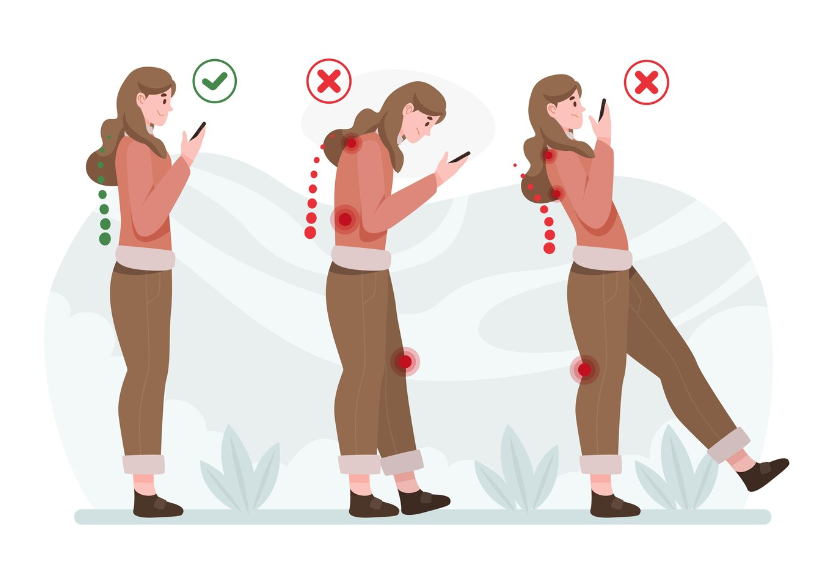
Understanding Types of Back Pain: Acute vs. Chronic
Back pain is a common complaint that can vary in duration and intensity. Understanding the differences between acute and chronic back pain is essential for proper management and treatment.
1. Acute Back Pain: Acute back pain typically lasts for a short duration, often a few days to a few weeks. It can be caused by sudden injuries, such as lifting heavy objects incorrectly or bending awkwardly. Acute back pain usually improves with rest, over-the-counter pain medications, and gentle exercises to relieve stiffness.
2. Chronic Back Pain: Chronic back pain persists for longer periods, typically beyond three months. It may result from underlying medical conditions such as degenerative disc disease, spinal stenosis, or arthritis. Chronic back pain can significantly impact daily activities and quality of life, requiring a comprehensive treatment approach that may include medications, physical therapy, and lifestyle modifications.
Distinguishing Features:
- Acute back pain often has a specific trigger, such as a recent injury or strain, whereas chronic back pain may develop gradually over time.
- Acute back pain tends to improve with rest and conservative treatments, while chronic back pain may require ongoing management to alleviate symptoms and prevent flare-ups.
- Acute back pain may be sharp or stabbing, whereas chronic back pain may present as dull, persistent discomfort.
Prevention and Management:
- Practice proper lifting techniques and maintain good posture to prevent acute back injuries.
- Engage in regular exercise to strengthen the muscles supporting the spine and improve flexibility.
- Maintain a healthy weight to reduce strain on the back and minimize the risk of chronic back pain.
- Seek prompt medical attention for persistent or severe back pain to identify underlying causes and receive appropriate treatment.
Understanding the differences between acute and chronic back pain can help individuals better manage their symptoms and seek appropriate medical care when needed.
To seek medical advice, always consult a Doctor. Here are our recommended experts.Click Here
To read more on Back Pain. Click Here


